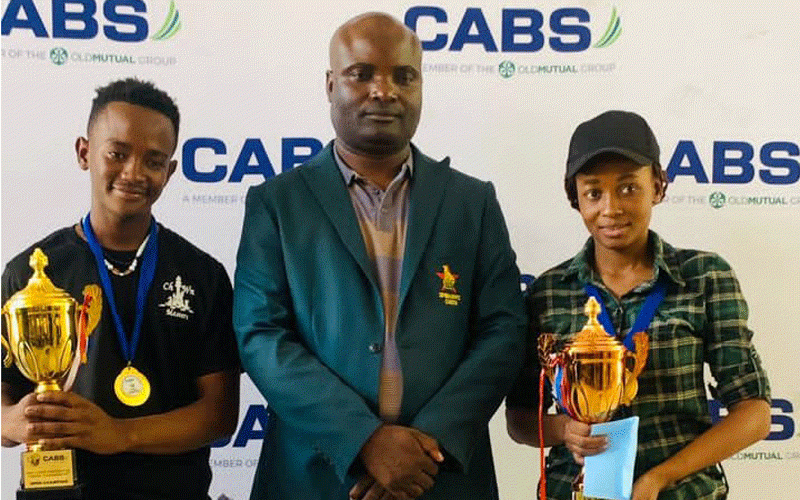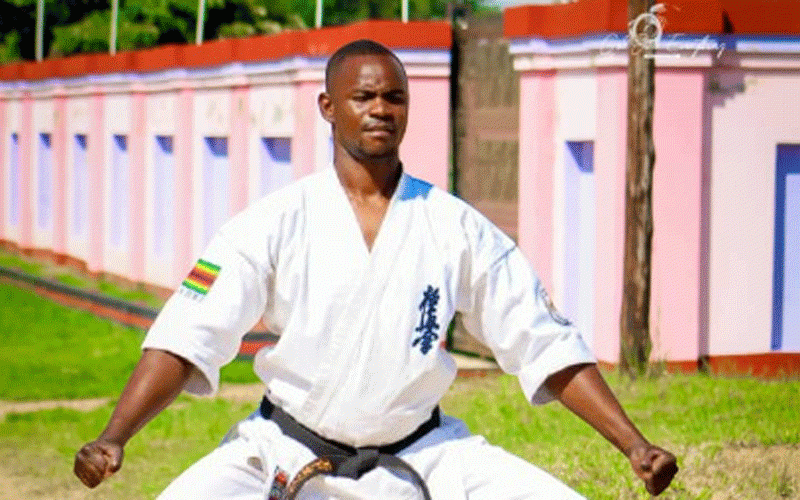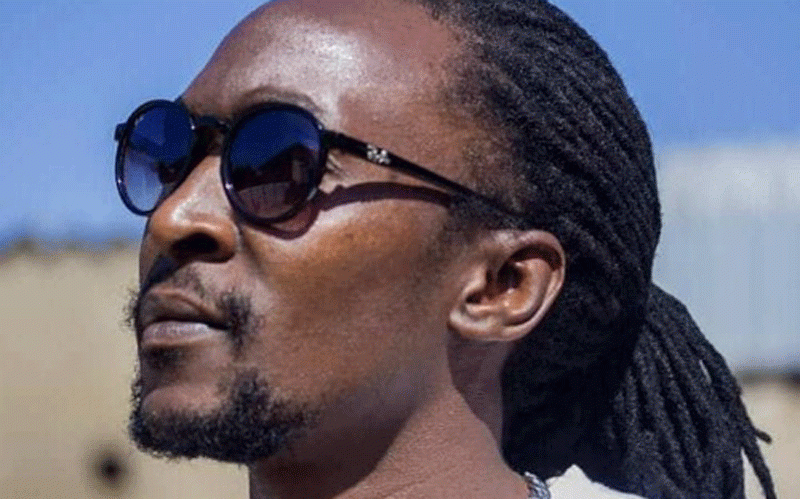
Not many people will know that Alfred Lord Tennyson, one of the great Romantic poets, was a talented sportsman; it is probably true to say that we do not normally associate sports people with having a love or ability for poetry (and especially Romantic poetry). However, if we turn to Wikipedia, we will discover firstly that Tennyson was a keen skater (according to his son), and secondly he won a gold medal back in 1829. That may well be the truth, but it should hastily be pointed out that it is not the whole truth. He was a keen skater, yes, but he simply did it for fun during winter on the local frozen pond, while the gold medal that he won was not for any sporting activity, but he was awarded the Chancellor’s Gold Medal at Cambridge University for poetry.
school of sport:with TIM MIDDLETON
Having said that, it could well be argued that many of Tennyson’s lines of poetry could be applied to sport. We might take the line “Tis better to have loved and lost Than never to have loved at all” to refer to loving sport; who would not say it is better to have played and lost than never to have played at all? He also wrote, “It’s better to have tried and failed than to live life wondering what would’ve happened if I had tried”; wise words to take onto the sports field.
Similarly Tennyson famously wrote, “We are not now that strength, which in old days. Moved earth and heaven; that which we are, we are; One equal temper of heroic hearts, Made weak by time and fate, but strong in will. To strive, to seek, to find, and not to yield” in the poem Ulysses, which can also be applied so clearly to a sportsman seeking to go far.
Furthermore, it is interesting that one of Tennyson’s poems features in the very popular and powerful film, The Blind Side, which portrayed the true story of Michael Oher, an American Football player. Michael was a homeless African-American youngster who was helped by his adopted Caucasian family to overcome his learning difficulties and gain entry to a renowned college on a sports scholarship. As a key part of his academic work Oher had to write an essay on one of Tennyson’s poems, The Charge of the Light Brigade, which described the fateful historic battle of Balaclava in 1854, and it was only when his adopted father explained the battle in sporting terms (a team on the attack, aiming for the end zone) that he was able to understand it and therefore write about it, in discussing courage and honour.
The second stanza had the lines, “’Forward, the Light Brigade!’ Was there a man dismayed? Not though the soldier knew Someone had blundered. Theirs not to make reply, Theirs not to reason why, Theirs, but to do and die. Into the valley of Death Rode the six hundred.” In the film, Michael writes that “Courage is hard to figure. You are not supposed to question adults as they are meant to know best but maybe they don’t. Should you always do what others tell you to do?
Sometimes you might not even know why you are doing something. Any fool can have courage but honour is the real reason why you do or do not do something…What the poet is saying is hope for courage and try for honour.” Whether it is a battle field or a sports field, these lines have great significance.
Such lines may also have been echoed in an interview with Rafael Nadal after he recently won the French Open (for the thirteenth time). A newspaper report quoted him, after he beat his great rival Novak Djokovic in straight sets, as saying that, “Honestly, one month and a half ago, if you told me you’re going to have this trophy, I would say, ‘this year will probably be too difficult”. “A lack of preparation, a change to a heavier brand of tennis balls and the cool, autumn conditions of the rescheduled tournament” had all made him wonder if he could win the tournament again, even though he has only ever lost two matches at the French Open over sixteen years.
- Chamisa under fire over US$120K donation
- Mavhunga puts DeMbare into Chibuku quarterfinals
- Pension funds bet on Cabora Bassa oilfields
- Councils defy govt fire tender directive
Keep Reading
He had serious doubts about his ability to win the title, but he did make made an interesting observation: “Doubts are part of life. For me, doubts are good because it means that you don’t consider yourself too good.” In recognising the truth of that he was echoing a line from one of Tennyson’s poems, which reads, “There lives more faith in honest doubt, believe me, than in half the creeds.” We all have this impression that to be successful we must never have doubts, but rather great self-confidence. Nadal has shown in tennis, with Tennyson’s help, that actually doubt (along with and arising from humility) can help us greatly.
Do not reason why! Just do and doubt — or die!
l Tim Middleton is a former international hockey player and headmaster, currently serving as the Executive Director of the Association of Trust Schools. Email: ceo@atschisz.co.zw










